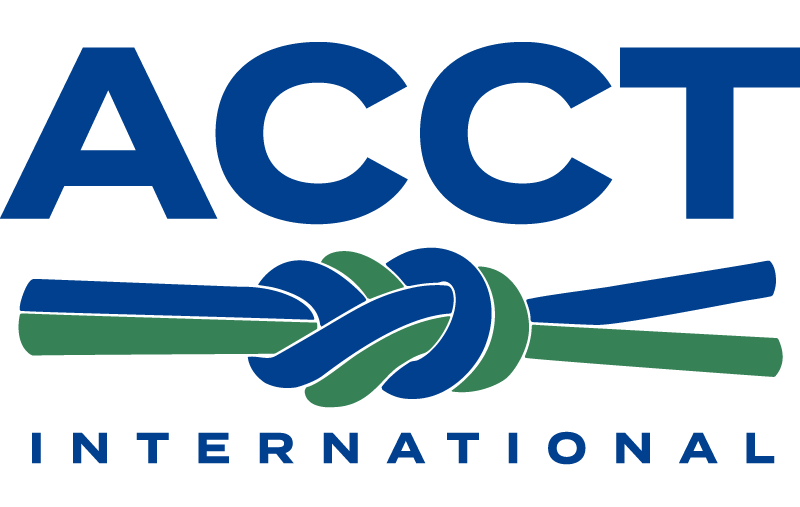REOPEN?
Sorting out the tangled web of questions that must be answered to reopen.
What will this “new normal” look like? No one really knows. But we do know some important information about reopening your park or course. As you prepare to reopen there are questions you need to answer that will inform your plans. This article outlines a framework of questions to answer in preparing to open to the public.
This article is written knowing there are no “one size fits all” answers. The needs of a therapeutic challenge course and a commercial adventure park are significantly different. The requirements of a program in Georgia will be different than those of one in Washington State. However, the questions each needs to answer are the same. Many significant questions will need to be answered with concrete action and documentation. The importance of careful documentation cannot be understated.
The following publications are important resources for making decisions about reopening.
CDC Cleaning Guidelines https://www.cdc.gov/coronavirus/2019-ncov/community/reopen-guidance.html
CDC information for Employers https://www.cdc.gov/coronavirus/2019-ncov/community/organizations/businesses-employers.html
OSHA 3990 https://cdn.ymaws.com/www.acctinfo.org/resource/resmgr/website_updates/osha3990.pdf
One thing that is clear is that the information on the virus that Causes COVID-19 is changing often and being nimble in how you respond is essential.
Is it LEGAL to Open?
The Authorities Having Jurisdiction will tell us when and under what conditions we can open. Is it legal in your state to open your type of business? Is it legal in your county or city? Conversations with Boy Scouts and Vail Resorts point to this as the key question. If it is not legal then opening is not an option. IF it is legal or you know a date when it will be legal, move forward to answer the other questions. This questions also includes understanding the legal requirements for social distancing in your jurisdiction and requirements for protecting your staff. A short list of some questions includes:
- Is it legal for your type of business to be open where you serve the public?
- Can you get required permits?
- Can you follow the OSHA, CDC or local health department guidelines.?
Is it Safe?
We are used to thinking about physical and emotional safety in a simpler way. We are good at keeping people attached to safety systems and helping them make choices about emotionally safety. Now you have another set of concerns making this more complex. Operators need to look at the effectiveness of their practices on virus transmission and the emotional well-being of people who are learning new ways of being social.
Can I keep Staff from Virus Exposure?
Staff are important to your operation. Without them, we can not function. It is important to meet the OSHA guidelines. Some of the questions to answer are:
- So how do you the operator assure your staff are not going to get sick?
- How do you keep staff from becoming virus transmission vectors?
- Can you meet the local and OSHA requirements for staff protection?
Can I keep Guest and Participants from Virus Exposure and Transmission?
If we can keep the staff safe, then we have answered half of the question. Preventing your site from becoming a hot spot for transmission and making people feel comfortable are important. These questions can get your started:
- How do I keep guest from transmitting from one to another?
- How do we clean gear?
- How do we educate people about what is being done?
- What can we do to just makes people feel good?
- Can you maintain intact (family) groups on site?
In a conversation with Bahman Azram of Outdoor Venture Group, LLC and the ACCT Board of Directors he noted that his organization is looking at all aspects of the guest experience. They are looking at how to keep social distancing so that intact or family groups are together and not mixing with others. They are looking at moving as much of the reservation, payment and waiver process as possible online and completed before guest arrive. They are looking at the equipment guides and participants use as well as how to manage traffic and rescues on the course.
How do I communicate RISK and support Informed Consent?
With both staff and guest, you need to assure they understand the risks and have agreed to them. Waivers and acknowledgements may need updating. Signage may need to be created. Your marketing material may need to high light what you do to protect your staff and the public. Some changes will need to be addressed by your legal team. Some changes will be mandated by local, state, or federal authorities. In conversations with members of the insurance industry, legal experts and members of the industry, disclosures of the risk of COVID-19 transmission has been a significant and regular topic. There is agreement that staff and guest will need to be informed and for at least guest, signing an acknowledgement of the risk may be important.
Is it Practical?
This is a very difficult question. With the changes in your operation to meet requirements, can you afford to open?
- What will new procedures cost?
- Will there be enough clients to operate?
- What is the cost of staying closed?
- Is the season long enough to make it recover the expense of opening?
Answering these questions will guide you to your unique solution to reopening in a COVID-19 world. Good luck and check back here for more resources.
